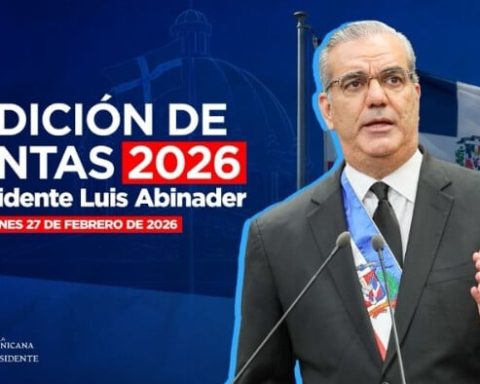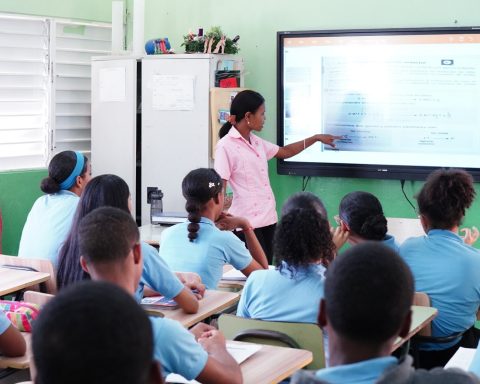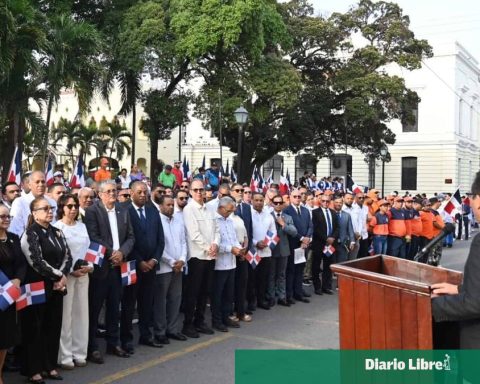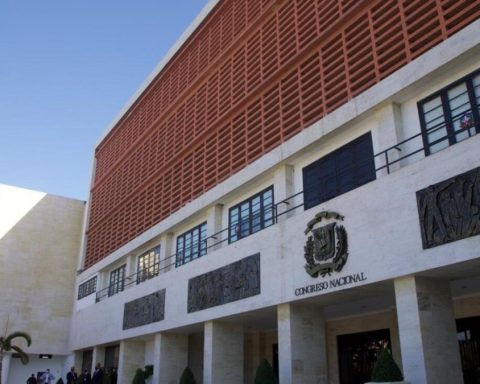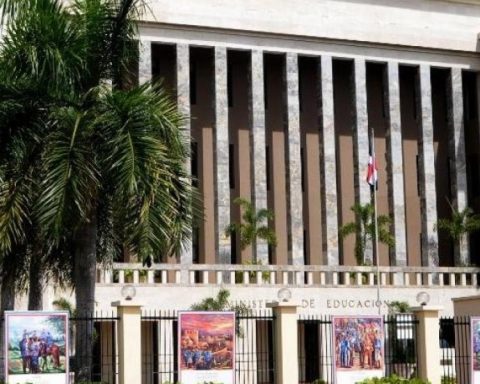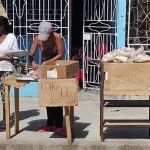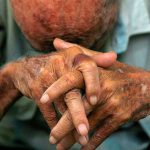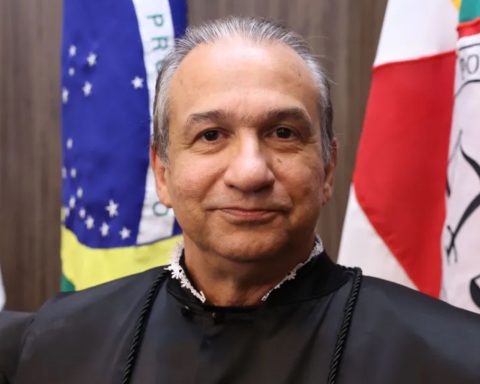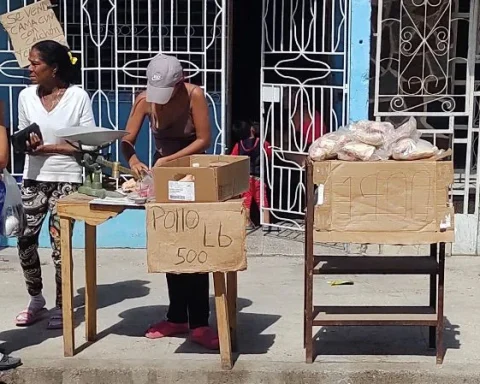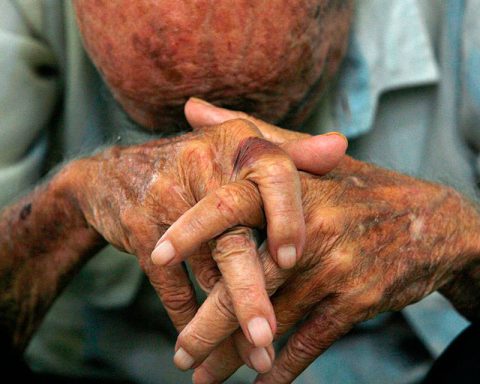The violent death of Minister Orlando Jorge Mera not only caused consternation in the political class and Dominican society in general, but also sowed panic and terror in many of the Environment employees who witnessed the bloodshed that shook the country in the morning. from last Monday.
In this context, the Common Patio Conflict Management specialist, Katy Civolani, declared this Friday that after the shooting death of the Minister of the Environment, an emotional and therapeutic assistance program is required, so that the entity’s employees can resume work routine and access safely, since many are suffering from different traumas.
Psychiatrist José M. Gómez expands on this request, pointing out that the Ministry of Public Health (MSP) and the National Health Service (SNS) have been asked to assist people who are in crisis after the tragedy they experienced when they assassinated Orlando Jorge Mera.
“There are people with acute stress, people who are in shock, people who do not sleep, there are people who jumped to get out of the place at the time of the insecurity that was experienced and others who may be left with post-traumatic stress,” said the specialist.
Interviewed on the Despierta con CDN program, Katy Civolani and José M. Gómez maintained that the government authorities should have already had a team of psychiatrists and psychologists to start a process of assistance and guidance through talks, seminars and individual approach to each of these people.
“Each person there, as Aristotle said, is unique and unrepeatable. There may be a person who unleashes an emotional problem and another may present a picture of depression. Then, a mental health assistance is sent within the area, to return to calm to a culture of service and good treatment and people feel safer, “explained Dr. Gómez.
When asked about the recommended strategy to resolve conflicts, Dr. Katy Civolani indicated that the great problem in the Dominican Republic is armed violence, caused by easy access to weapons and ammunition, after pointing out that the murder of Jorge Mera is not an isolated case, but rather responds to a country context and reality.
“Who has the weapons, who sells the weapons, where are they? Obviously it is easier to resolve a conflict by talking to a person without a weapon, than with another armed. I don’t think it’s an isolated event, but rather it responds to a context and to a country’s reality”, he argued.
In this sense, he argued that armed violence is multicausal, and specified that the number one cause of homicide in the Dominican Republic is interpersonal conflicts. “And we have neglected that. We believe that it is assaults and common crime, but it turns out that in the country most conflicts are resolved through violence, not only between politicians, but also in grocery stores, between neighbors, in traffic.”
In this sense, the specialist listed what for her are the main causes of violence and crime in the Dominican Republic, which are: easy access to weapons, homicide due to interpersonal conflicts and lack of public policies for conflict resolution in neighborhoods and the public institutions of the country.
To do?
Although she recognized that the problem of violence and crime is a profound issue, the conflict management specialist at Patio Comun maintained that this scourge can be resolved by emphasizing three fundamental axes, which are:
a) education on conflict management and resolution;
b) dismantle certain stereotypes, such as thinking that weapons give power and greater capacity for self-defense and;
c) improvement of the quality of life of citizens.
In relation to the contagion effect and increase in violent acts that he sees in the country, he indicated that it is a cyclical problem that historically goes down and up at certain times. And, he added: “Those spikes start to come out because people want to find out what’s going on, because this can happen to me. There is quick response and quick operations, but they don’t go to the root”.
The expert stressed that from the peacebuilding approach one of the great reasons why the violence does not end is because the consequences are attacked and not the root that produces it, after assuring that the militarization with tanks in the neighborhoods does not solve the problem.
Says anti-violence programs fail
These statements are supported by the psychiatrist José M. Gómez, who did not hesitate to assure that the programs that have been designed to confront violence for 20 years have failed because they focus on the consequence and do not concentrate on the causes. “The intervention programs fail because they focus on repression and leave out the causes of psychosocial intervention or lack of basic services in a population that has been migrating to the urban area with many precarious conditions.” He said that social inequality is a problem that encourages violence, so public policies should be designed to improve people’s quality of life. In relation to the friendship between Jorge Mera and Cruz de la Mota, the doctor even stated that this was a high-risk and dangerous friend, and that was the trap into which the ill-fated Perremeista leader fell. The specialist indicated that people who have dissocial, defiant and aggressive behaviors, like Cruz, always send signs of disorders, although they are often not seen.
Effect
The violent death of the minister sowed panic and terror in a good part of the employees of the Environment.


